Movie Review with Brandon Yechout – Blade Runner 2049
Though I wouldn’t call the original “Blade Runner” one of my favorite films, I’d certainly call it my favorite looking film. The aesthetic of director Ridley Scott’s breathtaking sci-fi masterpiece has gone completely unmatched in all of the thirty-five years since its release. Many are saying, though, that Denis Villeneuve’s “Blade Runner 2049” comes shockingly close to recapturing the majesty of the first film; some are saying, even, that it surpasses it. Though I do think that “Blade Runner 2049” is an excellent film, I’m not entirely sure I agree with all of the praise it has been receiving.
If you’re unfamiliar with the universe of “Blade Runner” then you should still be able to follow this film just fine. I would still suggest that you see the original, of course, as it is both an outstanding film and provides all of the background information needed to enjoy its sequel; it is, however, not required viewing. “Blade Runner 2049” picks up a whole thirty years after the first film, wherein synthetic humans, called replicants, are now commonplace on Earth. Officer “K” is a Blade Runner, meaning that his job is to hunt down and “retire” (kill) rogue replicants. After completing a routine retirement assignment, K discovers a box buried deep in the ground, just outside the retired replicant’s home. The box is revealed to contain the remains of a humanoid organism; the daughter of a human and a replicant. Pregnancy in replicants was long-believed to be impossible, and the LAPD is worried that a discovery of such magnitude will upset the balance of all society. The Wallace Corporation, the company that manufactures all legally operating replicants, also catches wind of this discovery, and so they declare a manhunt on K. K must then embark on an elaborate and dangerous journey to track down the father of the lost child before he is apprehended.
This film, much like the first, is a very slow film. This is not a mindless action film; there are many periods of silence, which provides the audience with ample time to meditate on the many questions the film poses. The film is also incredibly well-written, with very little outright explained, but with enough substance and thought put into the film that the audience is given all of the information needed to figure things out for themselves. These two things, combined with the engrossing and gorgeous world that the film presents us with, make for a very engaging viewing experience, I found. All of the acting is competent, with no performance sticking out as being particularly extraordinary, but with all performances being reasonably strong.
Is the film as visually powerful as the first film, though? Most people seem to think that it is, but I disagree. I rewatched the original Blade Runner (for the fourth or fifth time) the night before I went to see the sequel, and I still firmly believe that the original is by far the prettier film. I feel that “Blade Runner 2049” lacks focus in its aesthetic. This may be the result of the film deciding to explore more locations than the first film (which only explored the city of Los Angeles), but I still think that everything was generally too clean. In the first film, practically every shot was bathed in rain and darkness. The days, when they were shown, were hazy. The interiors were shabby and unorganized, and the air thick and musty; it possessed a certain dirtiness that made the atmosphere of the environment palpable to the viewer. Slivers of light would shine in through windows and cut viciously across the frame. There is not a single wasted shot in the original “Blade Runner”. Every image is striking, memorable, and painstakingly crafted to utter perfection.
“Blade Runner 2049”, on the other hand, loses some of these traits, and is as a result not as visually engaging a film. It seems like every aforementioned characteristic of the first film’s visual direction has been scaled back for this film. There are hints of the original film’s look littered throughout this film, but even those seem to be holding back in their execution. Many of the interiors are too bright, and too organized. As for the exterior shots, the rain is too thin, and the air is too comfortable. Even when K is outside the city, crossing a vast landscape covered in garbage and crawling with scavengers, even then, the film still looks too bright and clean. The film is still good-looking, but I feel that much of the original’s awe-inspiring power has been lost. Much of the same can be said of the film’s soundtrack. Though Hans Zimmer’s score works well enough, it doesn’t even come close to the stunning Vangelis score that impeccably accompanied the original.
“Blade Runner 2049” is, above all else, a worthy successor to the original “Blade Runner”. It demonstrates impressive restraint in retaining the first film’s slow pace and encouragement of philosophical musings, and is still, though not to the same degree that the first film was, a visually impressive work. If you’re a fan of good science fiction, and of films that demand a fair amount of thought, then I would highly recommend seeing “Blade Runner 2049”. Brando’s rating? Three-and-a-half out of four stars.
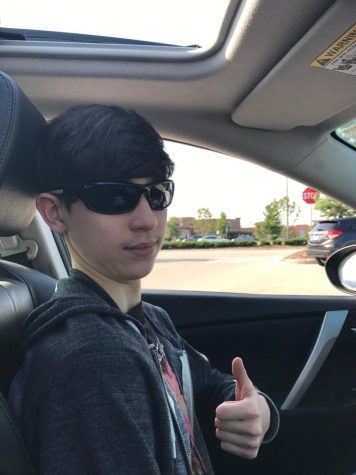
Brandon Yechout is a senior at Metea Valley and a perspectives writer for Metea Media. Though this is his first year on staff, Brandon has worked on The...


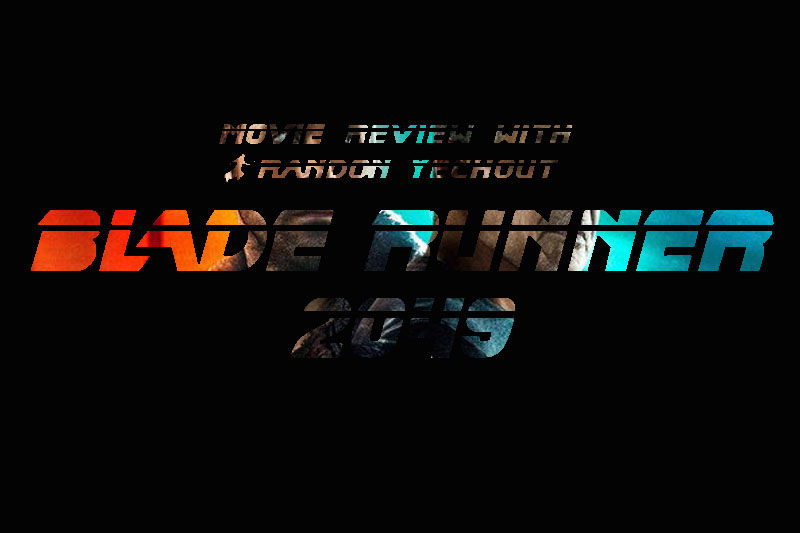

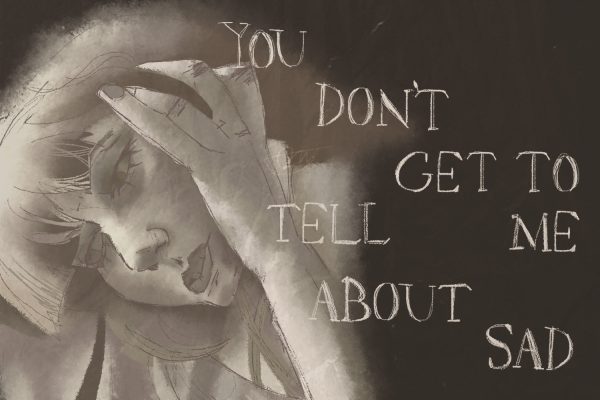
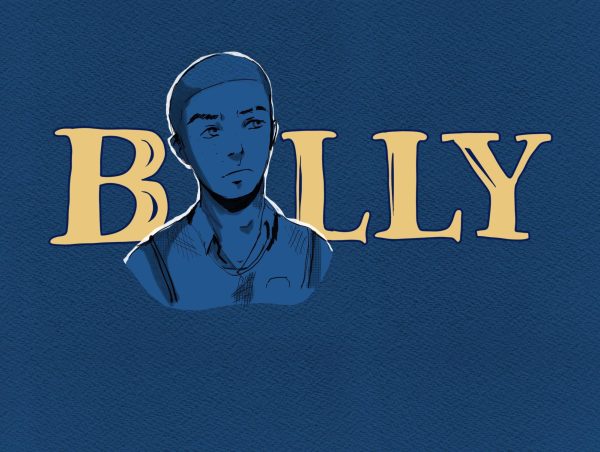
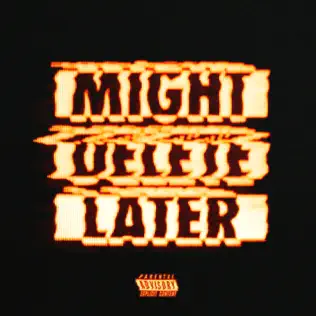
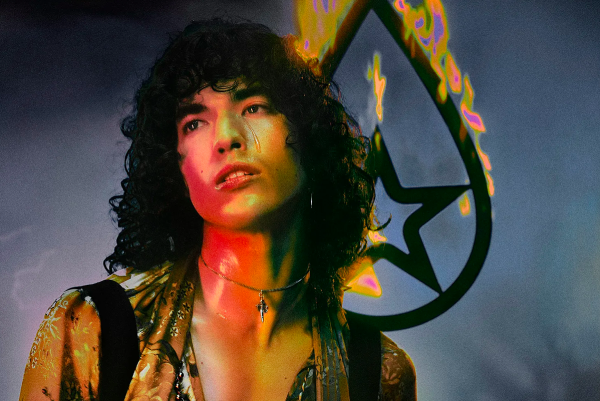
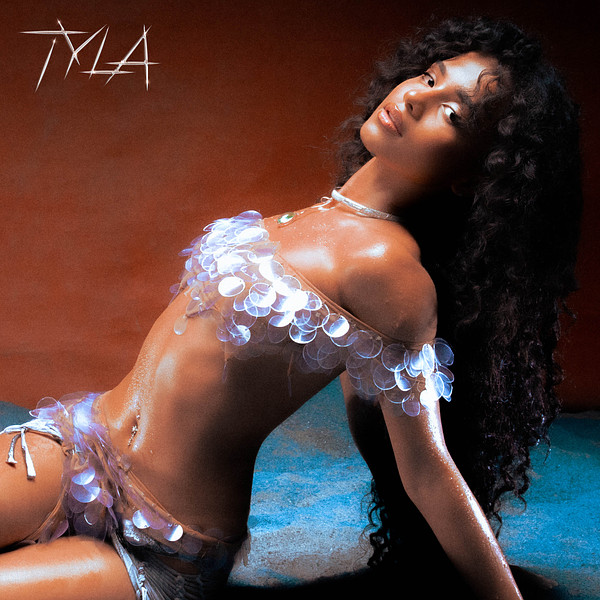
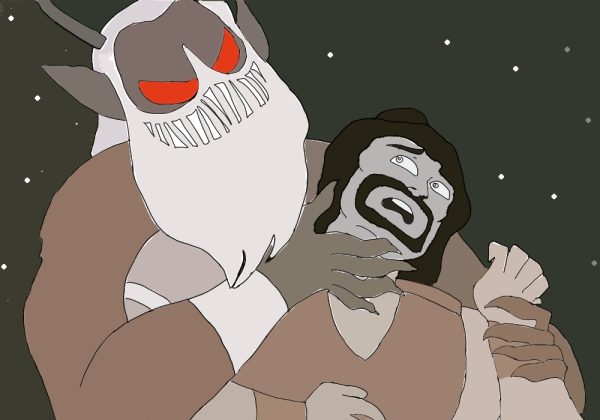
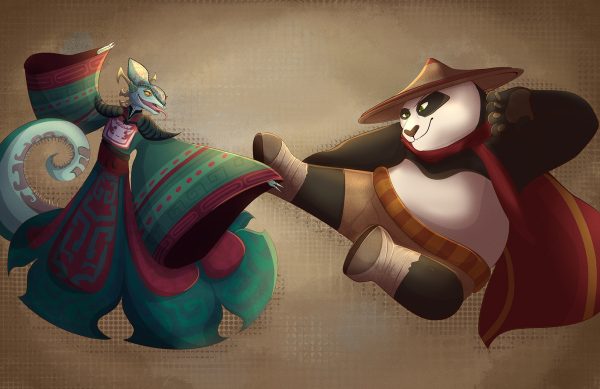
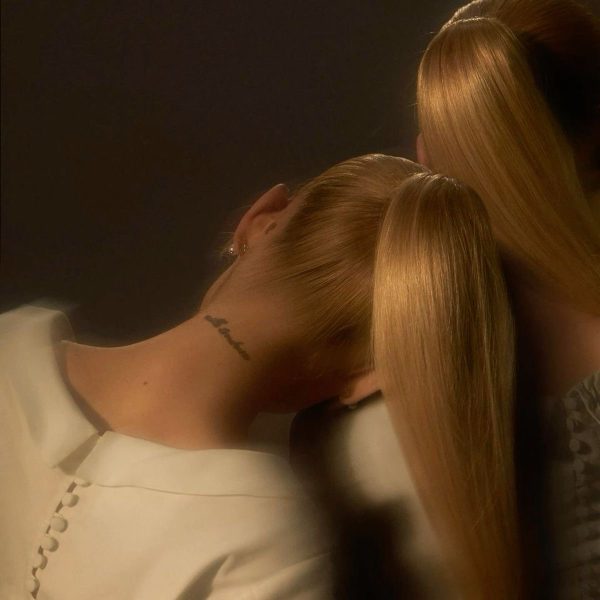
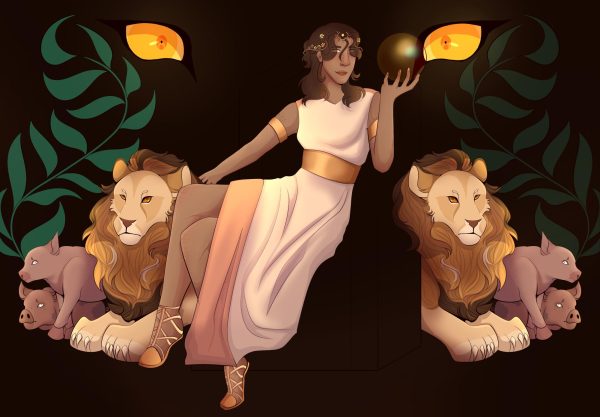
Dude Man • Oct 17, 2017 at 1:42 pm
Brandon Yechout should do this all the time!
Chroma • Oct 15, 2017 at 11:06 pm
Although I’m not particularly fond of movies of this genre, I certainly enjoyed the original when I saw it. From your review, it seems like it’d not be an unworthy use of my time to see this one, eventually. Great review, Brandint : ^)
Parker • Oct 13, 2017 at 5:57 pm
Review the movie What Happened to Monday
:o • Oct 13, 2017 at 9:06 am
Its always a good day when there’s a new movie review out on metea media
Teh Epic Duck of Doom • Oct 13, 2017 at 7:35 am
I’m still waiting for my Yeckster cheeseburger rating graphic.
Don't worry • Oct 17, 2017 at 1:40 pm
He probably will if you know the guy personally
Don't worry • Oct 18, 2017 at 8:06 am
Hopefully he will